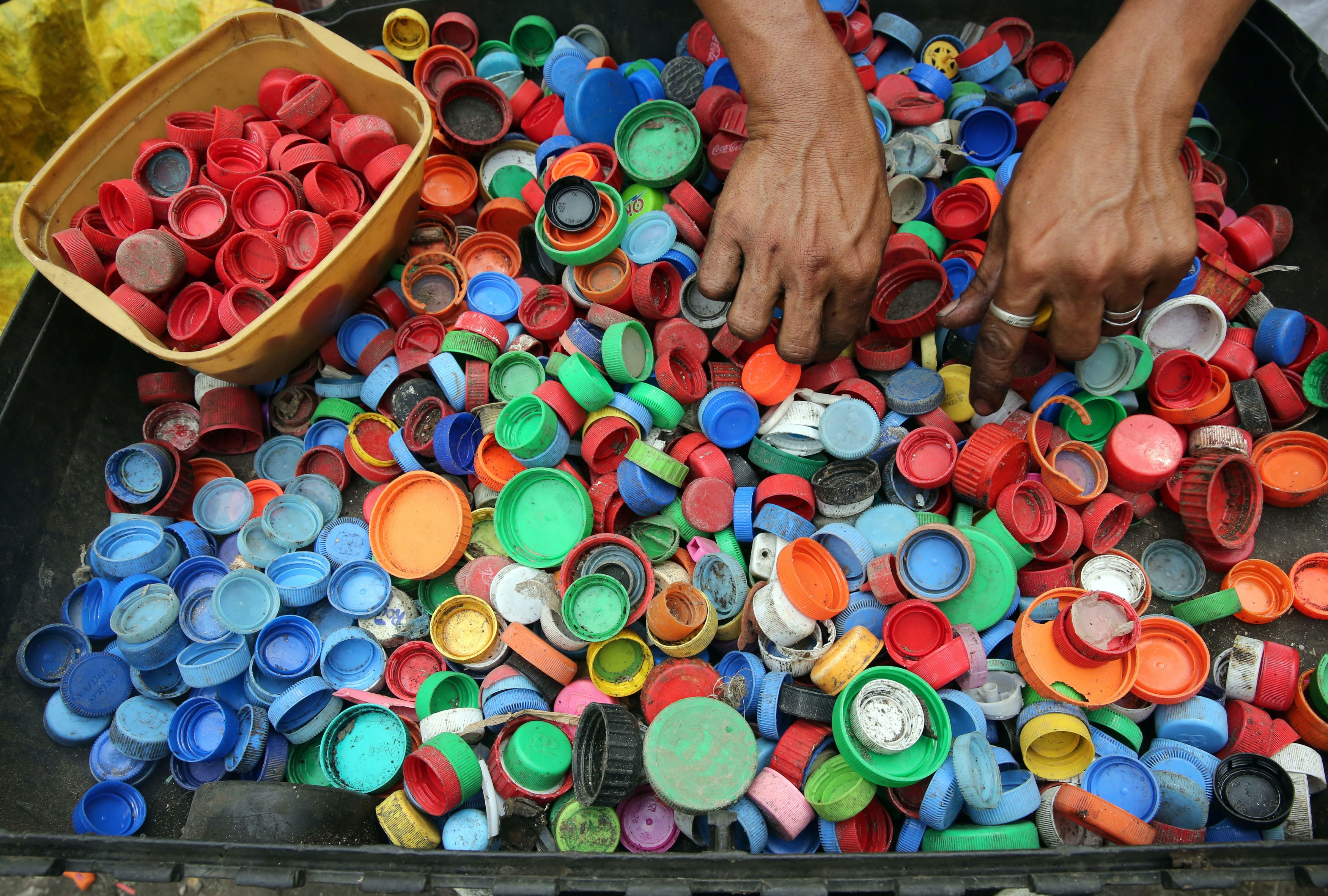
Building a sustainable gambling industry: is it possible?
What would a sustainable gambling industry look like?
For some, it might come as a shock that this question even needs to be asked. Isn’t a sustainable gambling industry just one that keeps people entertained, makes lots of money, and provides jobs along the way?
Well, not exactly. Like it or not, regulation is a fact of life. And like any other industry, gambling needs to find a place where its long-term future is assured from a regulatory perspective. It needs to find a ‘steady state’ in which the regulatory environment is stable and well-understood.
It was Michael Dugher, Chief Executive of the Betting and Gaming Council, who suggested that gambling should be treated the same as alcohol rather than tobacco. The former is generally tolerated as a net-positive (albeit in a gradually evolving regulatory environment) and is thus sustainable. The latter is not long for this world, and is not.
But here’s the thing: to be treated like alcohol, isn’t it time we acted like alcohol? That industry took the ‘alcopops scare’ seriously. They engaged with criticism, took onboard suggestions for change, and proactively avoided the worst. And albeit for a variety of reasons, alcopops are not coming back. Nor is there any serious attempt on behalf of larger drinks businesses to cynically target the youth market. Indeed nowadays, you are almost more likely to see adverts for alcohol-free beer than the real thing.
So what should gambling be looking to do in order to make that happen? Here’s a four-point plan.
- See which way the wind is blowing
The lesson of the alcopops story is very simple: take action before someone takes action for you. You would think that the gambling industry would have learned this lesson after the FOBT legislation of 2018 reduced maximum stakes from £100 to £2. A figure somewhere in the middle was possible - if the industry had taken a moment to engage seriously with campaigners and government.
So the first step toward a sustainable gambling industry is to want one. As an industry dominated by a reasonably small number of key players, we can make this happen if we choose.
To be clear - many operators are leading the way here. There has been excellent work on (for example) reducing spend limits for younger customers. And operators are better than ever at identifying customers potentially having difficulties. But as always: more can be done.
- Get serious about financial harms
I have written about the upcoming whitepaper so many times I am in grave danger of repeating myself. Let me summarise the general point:
the gambling industry cannot survive repeated media coverage of personal tragedies triggered by gambling losses.
It follows that rather than continually attempting to stave off the requirement to ensure all of their customers are “betting what they can afford to lose” (which those of us in the game know is the first rule of successful, enjoyable betting), it is time to embrace it. There is no reason, none whatsoever, that gambling companies cannot get around this challenge if they choose to do so.
I understand that this can be filed under “he would say that, wouldn’t he?” - but nevertheless it is true. We’re already speaking to (and working with) operators who understand the need to build a sustainable business that protects players whilst allowing those who can to stake freely. It is possible at an industry level too.
- Decouple product
I made this point in my comments around Nick Luck’s interview with Andrew Rhodes, but they apply here too.
It appears that operators (and the horse racing industry, represented in the example above by Mr Luck) are incredibly keen to argue that casino and slots games should be treated differently to sports betting …. right up until they offer a few free spins to a customer who opened an account to bet on the Grand National.
Again, this is an obvious place where the industry can lead. If (and to be fair, it is by no means settled) casino and slots games are perceived to be more harmful, or have more potential to cause harm, then an industry code of practice could ban cross-sell promotions for these activities directed at sports betting customers. It could encourage operators to de-prioritise links to these channels, and show fewer promotions for them.
Having done so, it would be infinitely easier to make the case that sports bettors should be treated differently, and that large parts of their business cause little if any harm at all. How about it?
- Change the incentives
Ultimately, what gets measured gets managed. As an industry, gambling has to think clearly about how sustainability is measured, and reward operators and individuals who build sustainable practices.
That will be hard to do. We are so used to the profit motive that it may feel almost impossible. And yet, if we consider how I began this post, we get close to an answer. Businesses and industries all over the world have learned how to incorporate environmental objectives into their operations, and have learned how to reward individuals and teams who meet those objectives.
Granted, these metrics don’t always work perfectly - but they are a start. And the gambling industry can do the same when it comes to sustainability. What is to stop us, for example, working towards sustainability metrics such as:
- The percentage of revenue derived from players spending over £X,000 in a year
- The average percentage of disposable income staked by customers
- The number of safer gambling interventions required as a percentage of all players
That’s just three examples. And obviously, we have some work to do before we can confidently use such numbers to measure sustainability. But we should have the ambition.
The reward is long-term survival itself.








